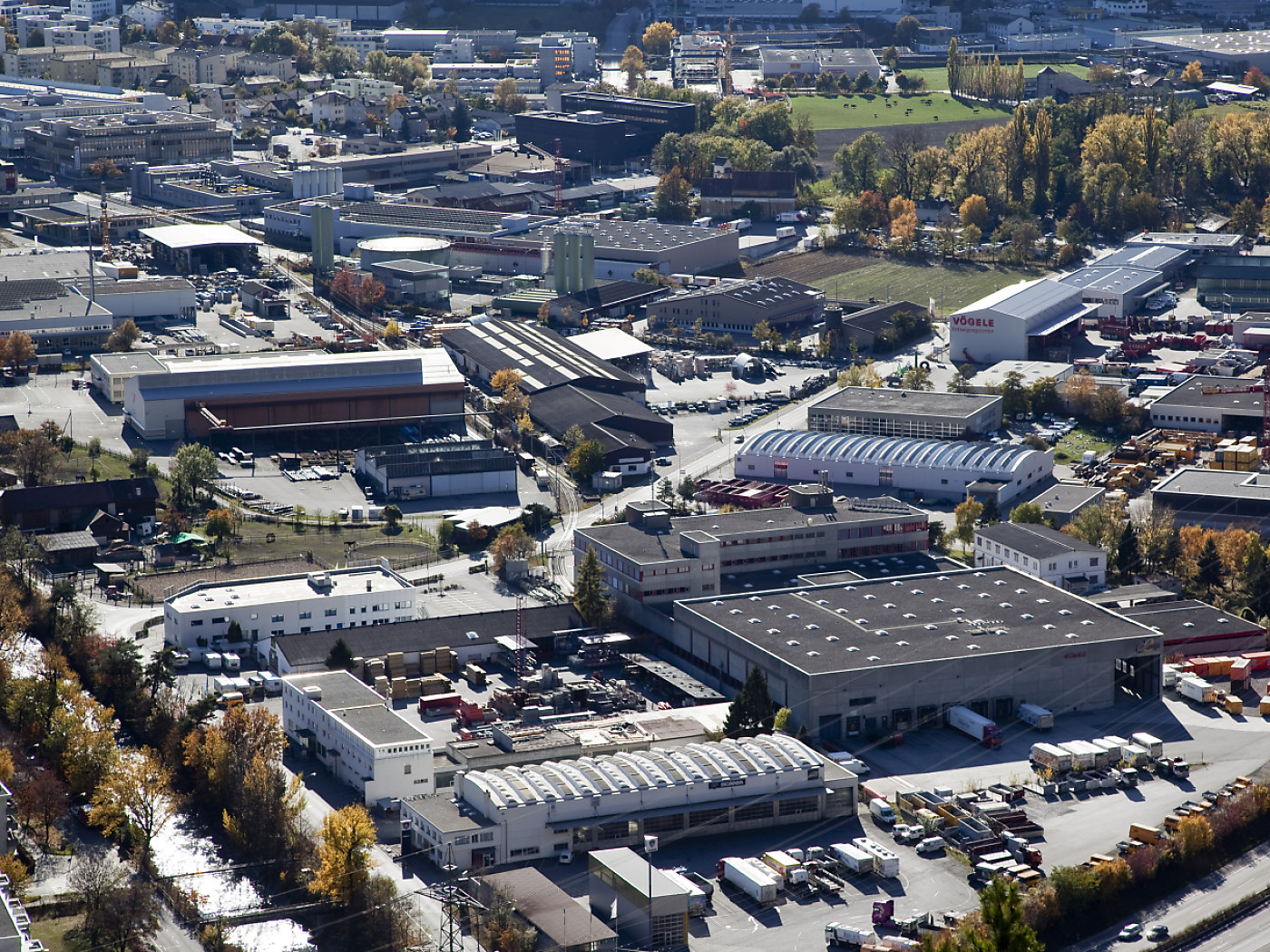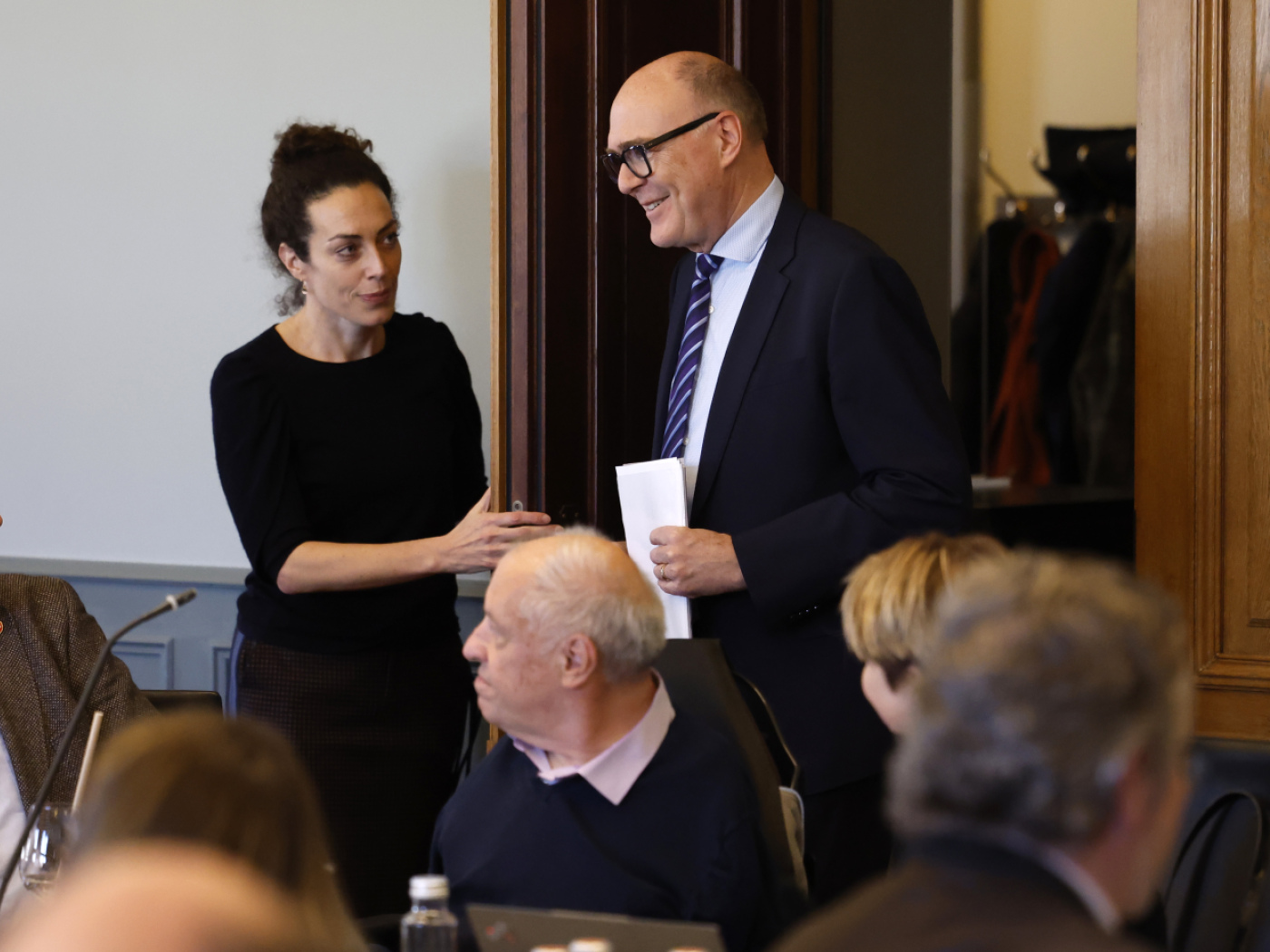Swiss banks exceed expectations in weathering coronavirus crisis

The two largest Swiss banks, UBS and Credit Suisse, posted strong financial results for the first half of the year despite uncertainty surrounding the pandemic’s impact on the global economy
On Thursday, Credit Suisse reported its best second quarter results in a decade. From April to June 2020, net income at the second-largest Swiss bank rose year-on-year to almost CHF1.2 billion ($1.3 billion), 24% more than in the previous year.
“In a continued volatile market environment, we delivered a strong performance,” said Thomas Gottstein, who became chief executive of the Swiss bank in February following the resignation of Tidjane Thiam, who became embroiled in a spying scandal.
The bank benefited from the Swiss market’s resilience thanks in part to a Swiss government-backed scheme to provide cash-strapped small and medium-sized companies with emergency loans to get through the coronavirus crisis.
Companies had to apply for the credit via their banks. On May 23, Credit Suisse reported that it had issued 15,400 pandemic emergency loans totaling CHF2.8 billion.
In March, when the pandemic triggered a major recession, various experts outlined dire scenarios including huge credit losses, cash shortages, and even a collapse of many banks. In contrast to the financial crisis in 2008 when the banks experienced major losses, the results from both UBS and Credit Suisse in the second quarter, are reassuring. UBS and Credit Suisse reported net profit of CHF2.6 billion and CHF2.5 billion respectively.

More
Credit Suisse admits to second spying case
Uncertain future
The long-term sustainability of the company’s business model remains unclear. Due to market volatility, the bank said that it was difficult to assess the full economic impact of the coronavirus crisis.
The bank also announced some reorganisation, merging the various investment banking units that had been put in place by Thiam into a single “global investment bank”. The company has also created a new executive role responsible for sustainability.
It is also planning cost savings of around CHF400 million from 2022. In an interview on Bloomberg television on Thursday, Gottstein said job cuts would be “very limited”.
Earlier this year, Gottstein indicated that Credit Suisse would come out of the coronavirus crisis needing fewer employees in the medium term as it faced the prospect of lower growth and looming credit defaults.
Dividend payout
The bank announced that it plans to pay out the second part of the dividend for the 2019 financial year as planned.
Earlier this year the Swiss financial market regulator Finma had called on the big banks to exercise restraint over the distribution of dividends in light of the pandemic.
This drew criticism from several banks, and an agreement was eventually reached with Finma whereby the banks would split dividend payments, with one in the spring and one in the fall.
Other results
Nestlé and LafargeHolcim are among other Swiss companies reporting second quarter results this week.
Nestlé cut its annual sales growth forecast to 2-3% on Thursday, saying that they were responding to a drop in demand as people moved away from stockpiling food, which had benefited packaged food companies.
The company results still exceeded expectations. Net profit grew by 18.3% to CHF5.9 billion in the first half, ahead of a forecast for CHF5.07 billion.
LafargeHolcim saw a recovery in construction markets in June after the pandemic hit sales and profit in the first half of the year. The CEO said that they had likely hit the worst of the crisis when construction projects were put on hold earlier this year.
In all five of its regions returning to 2019 levels by the end of June as lockdowns eased.

In compliance with the JTI standards
More: SWI swissinfo.ch certified by the Journalism Trust Initiative





















You can find an overview of ongoing debates with our journalists here . Please join us!
If you want to start a conversation about a topic raised in this article or want to report factual errors, email us at english@swissinfo.ch.